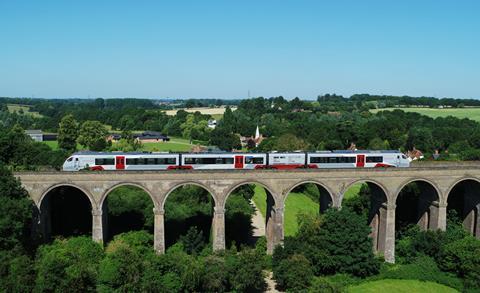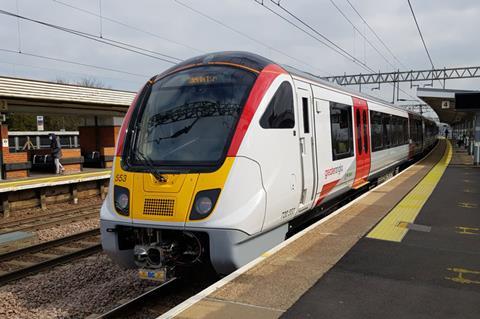Given the scale of the task, the government should resist the temptation to push through hasty reform of the UK rail sector, argues Dominic Booth, Chief Executive of Transport UK Group.

Genuine passenger satisfaction is the holy grail that has dogged successive governments and rail operators alike. I say this after having worked in rail for the last four decades under both nationalised and privatised models.
I am proud that Transport UK’s Greater Anglia business has recently been demonstrating high standards in punctuality, customer service and operational efficiency. But delivering similar results on a national scale will require systemic change.
As the Passenger Railway Services (Public Ownership) Bill continues its path to Royal Assent, the government is clearly demonstrating its commitment to nationalisation. Through the creation of the Great British Railways, Britain’s fragmented railway is on the way to becoming a more integrated and coherent network.
However, there is a significant risk in rushing headlong into sweeping reforms without taking the necessary time to think them through. Nationalising train services and bringing them under public control must be done in the right order, with the right safeguards in place, particularly when it comes to passenger safety and operational efficiency. If the government moves too quickly, there is a real danger of creating more chaos rather than fixing the problems that passengers have been complaining about for decades: delays, overcrowding, and poor service.
Frustration

The notion that the UK rail system needs a rapid fix is understandable, given the public’s visible dissatisfaction. Frustration runs high, particularly in regions where train services have consistently failed to meet expectations. But speed should not be the priority. Reforming the rail system is an incredibly complex task involving a myriad of stakeholders, from operators to unions to passengers. As GBR is still in the process of being set up, a hasty overhaul would risk alienating key players whilst potentially compromising safety and service reliability.
Instead, the government would be advised to adopt a step-by-step approach, starting with the rail services that are already failing the travelling public the most. A phased approach would allow the government to focus on fixing individual issues before rolling out reforms across the country. It would also provide valuable lessons on what works and what does not, ensuring that mistakes can be addressed before they become widespread.
The government should not shy away from consulting with operators which have managed to achieve success under the current system. Greater Anglia, for instance, could offer key insights into what has worked well for that business. By drawing on these lessons, the government could avoid a blanket approach that ignores the nuances of the existing system. Nationalisation does not have to mean a one-size-fits-all solution.
Safety first
Another key consideration in rail reform should be passenger safety. Any changes to the system to bring previously private services under public control must be done in a way that prioritises the well-being of passengers and rail workers alike. In its rush to reform, the government should not sacrifice safety in the name of efficiency. An orderly, safety-first approach will help ensure that the new system is sustainable in the long term.
In this context, Transport Secretary Louise Haigh’s comments in early September about wanting ‘a stronger, more reliable rail network that works for everyone’ should be treated with cautious optimism. If the Secretary of State truly wants to deliver a rail network that works for all, then a thoughtful, measured approach is essential. Her desire to ‘move fast and fix things’ is understandable, particularly in the face of public pressure, but quick fixes are rarely sustainable.
We need reforms that will last for generations. This means putting passengers at the heart of the process and taking the time to get it right. The focus should be on creating a system that provides long-term benefits: one that is safe, reliable, and capable of delivering the level of service the British public deserves.
Reforming the UK’s railways is a marathon, not a sprint. Labour should focus on making changes that will stand the test of time. By adopting a phased approach towards public ownership, listening to the successes and failures of existing operators, and ensuring that safety remains paramount, the UK might finally get close to that elusive goal: a rail system that genuinely satisfies its passengers.




